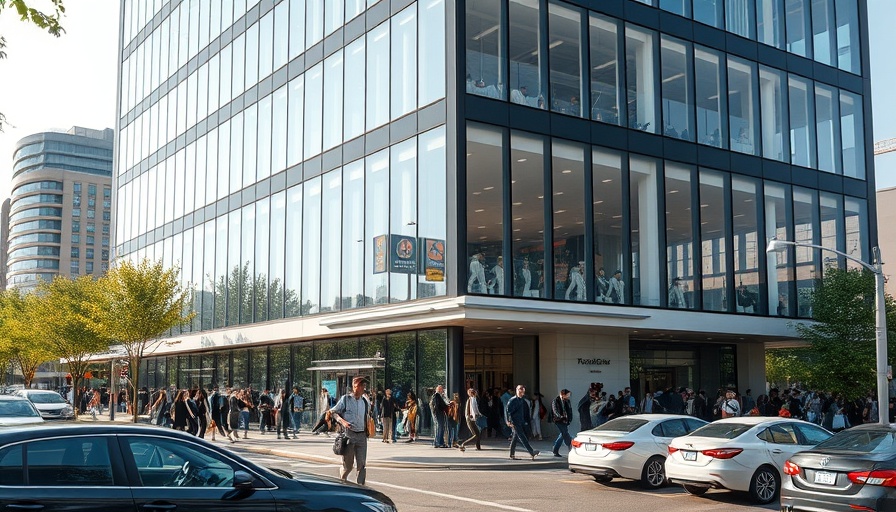
The Controversial Landscape of New York's Parole Board
In an alarming shift, New York’s parole board has come under fire as a post-examination reveals that salaries of its members have skyrocketed by 87% since 2019. These increases come amidst a backdrop of contentious decisions, including the release of 43 cop killers in just eight years. This deep dive into the board’s composition showcases a panel seemingly driven by personal agendas rather than a commitment to public safety.
Understanding the Implications of Parole Decisions
The implications of parole board decisions extend far beyond individual cases; they resonate deeply within the fabric of community safety. With the controversial nature of decisions made by this board, policymakers and law enforcement leaders find themselves grappling with the long-term effects on the community's trust in the justice system. As the parole board is accused of being stacked with what some term 'lefty cronies,' the question arises: how do these personal perspectives intertwine with procedural justice?
Public Response and the Call for Police Accountability
The increasing scrutiny faced by the parole board dovetails with a broader national conversation about police accountability and public safety innovation. As communities demand more transparency and actionable reforms, the role of the parole board has come under intense examination. The perception that decisions favor a lenient approach to crime could hinder vital police-community trust, making it crucial for ongoing discussions on procedural justice strategies.
Future Predictions and Community Trust Perspectives
Looking ahead, the decisions of New York's parole board may set the stage for shifts in law enforcement strategies elsewhere. If the board's actions continue to spark public outrage, we could witness a trend toward increasing demands for reform that focuses on enhancing police-community relations. Officers may need to adopt more crisis intervention strategies to rebuild trust and demonstrate a commitment to community-based solutions amidst challenges.
Conclusion: The Path Forward for Public Safety
The revelations regarding New York’s parole board are not just about individual salaries or released inmates; they pose a critical inquiry into the future of the justice system itself. It's imperative that police departments, policymakers, and community leaders engage in constructive dialogues about reform, ensuring that the interests of public safety are front and center. As we move forward, it’s essential to foster strategies for police reform that genuinely reflect the communities they serve. Take action today by advocating for policies that prioritize accountability and transparency in our justice system.
 Add Row
Add Row  Add
Add 

 Add Element
Add Element  Add Row
Add Row 




Write A Comment